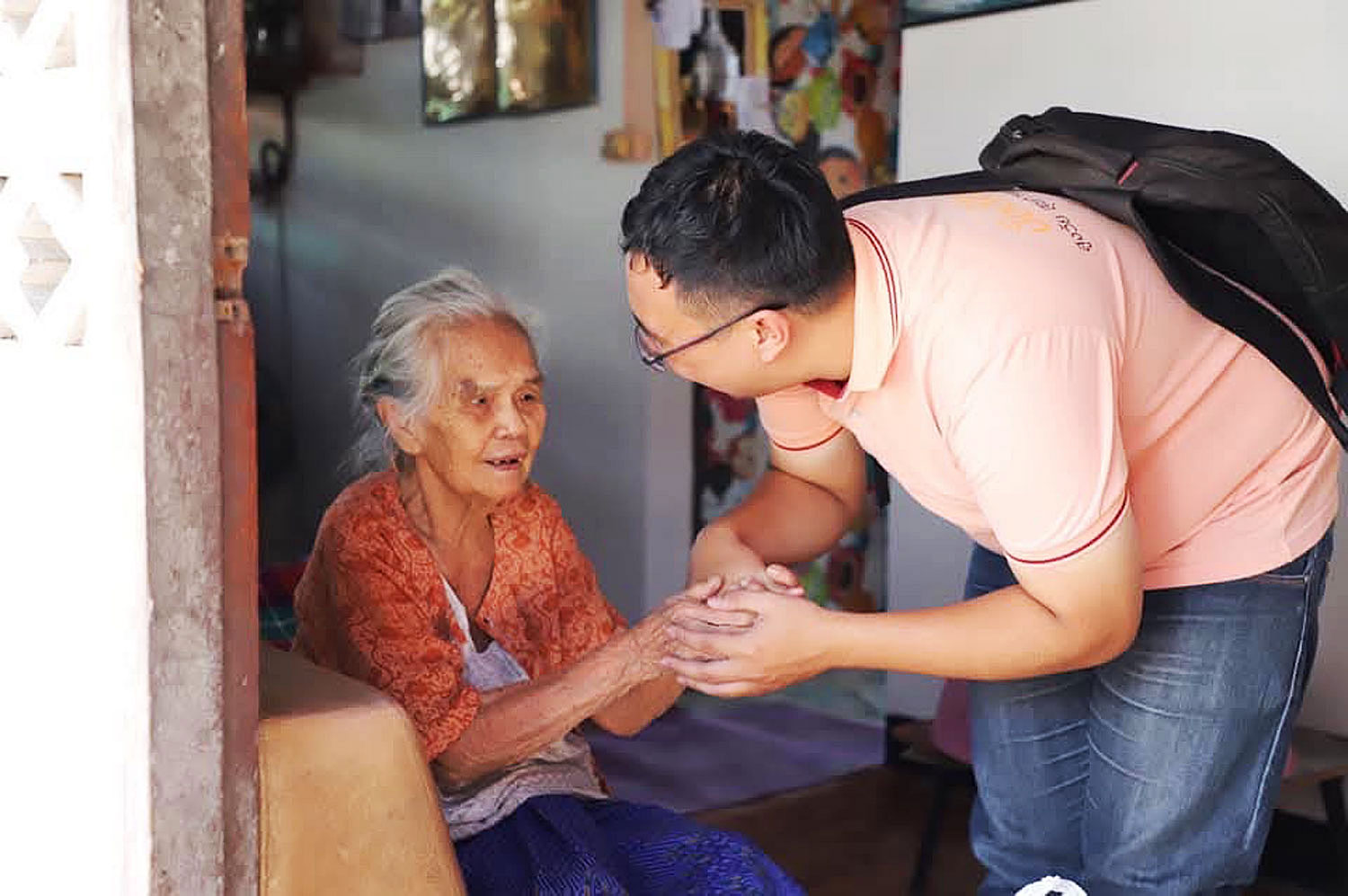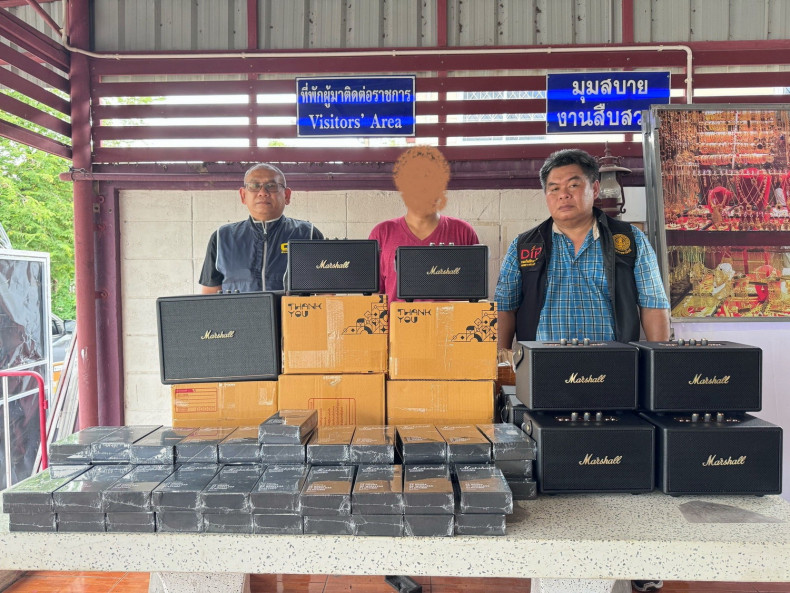Addressing Thailand’s Aging Population
Buddy Home Care’s “Children for Rent” Initiative
A social enterprise in Chiang Mai has launched a groundbreaking service called “Children for Rent” to support the city’s growing elderly population. Operated by Buddy Home Care, this program provides companionship and practical help for seniors, whether they need assistance with daily tasks or simply someone to spend time with. At 350 baht per hour, the service has surged in popularity since its June launch, with social media followers jumping from 1,000 to 4,000 and over 50 inquiries pouring in.
A Personal Mission to Serve
Inspired by Family Bonds
The “Children for Rent” initiative was born from the personal story of Tossawat Boonmar, Buddy Home Care’s general manager. Raised by his grandmother while his parents worked far from home, Tossawat developed a deep empathy for the needs of the elderly. After her passing, his dedication to senior care intensified. His volunteer work with Buddy Home Care during university revealed the struggles of seniors living in poverty, fueling his vision for this compassionate service.
Bridging Generational Gaps
Emotional and Practical Support
The service offers hourly assistance for tasks like doctor appointments, shopping, or errands, but its impact goes beyond the practical. Many seniors seek companionship, while others want help with modern technology, such as social media. Tossawat describes these interactions as a “human library,” where seniors share stories of their past—some recalling World War II—while caregivers offer perspectives on modern life, creating meaningful exchanges for both.
Responding to Demographic Shifts
Thailand’s Rapidly Aging Society
Thailand is undergoing a profound demographic shift, with a declining birth rate and rising life expectancy. In 2022, it became an aged society, and by 2033, it’s expected to be a super-aged society, with over 28% of its population aged 60 or older. With fewer children available to care for aging parents, innovative solutions like Buddy Home Care’s service are critical to helping seniors maintain independence and quality of life.
Challenges of Accessibility and Affordability
Economic Barriers for Seniors
Despite its value, senior care remains out of reach for many in Thailand, where the average elderly income is around 7,261 baht per month—below the national minimum wage. As a registered social enterprise, Buddy Home Care channels proceeds to senior-focused charities, but affordability remains a challenge. The broader issue of ensuring access to care for low- and middle-income seniors calls for greater government support.
The Rise of the Silver Economy
Opportunities and Policy Needs
Thailand’s aging population is driving the growth of the “silver economy,” with elderly consumer spending expected to climb from 2.18 trillion baht in 2023 to 3.5 trillion baht by 2033. Senior employment income is also projected to rise, with 6.6 million seniors staying active in the workforce. Experts advocate for policies like co-payment systems or subsidies to make services like “Children for Rent” more accessible, ensuring all seniors can benefit.
A Model for Community Care
Sustainable Solutions for the Future
Buddy Home Care’s “Children for Rent” service is a shining example of how social enterprises can tackle the challenges of an aging society. By fostering intergenerational bonds and offering affordable, flexible support, it addresses both practical needs and the loneliness many seniors face. As Thailand braces for a super-aged future, such community-driven initiatives pave the way for a more inclusive and supportive approach to elderly care.









